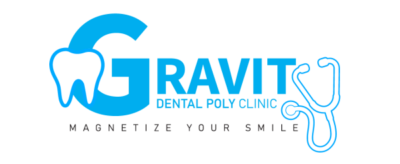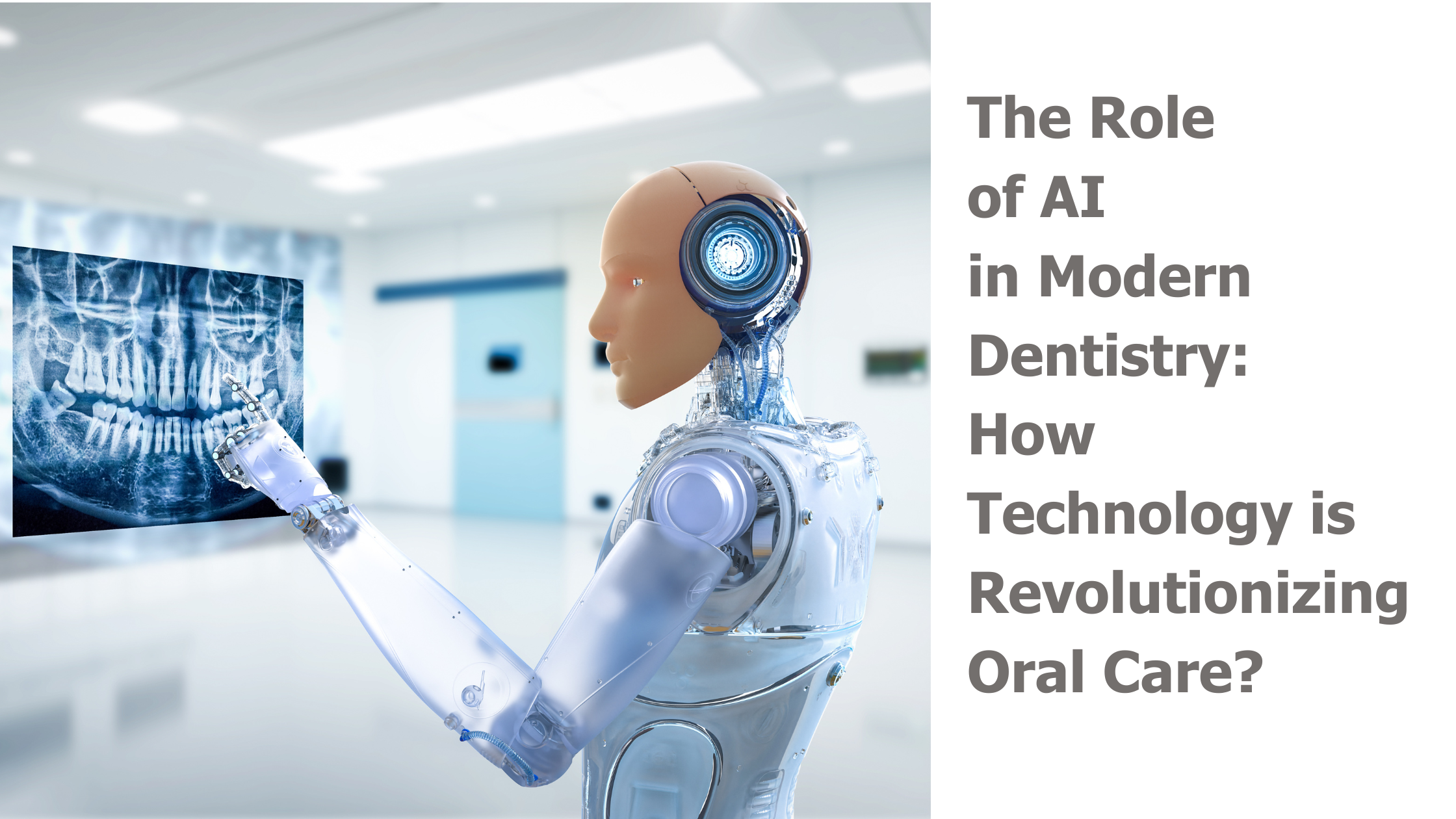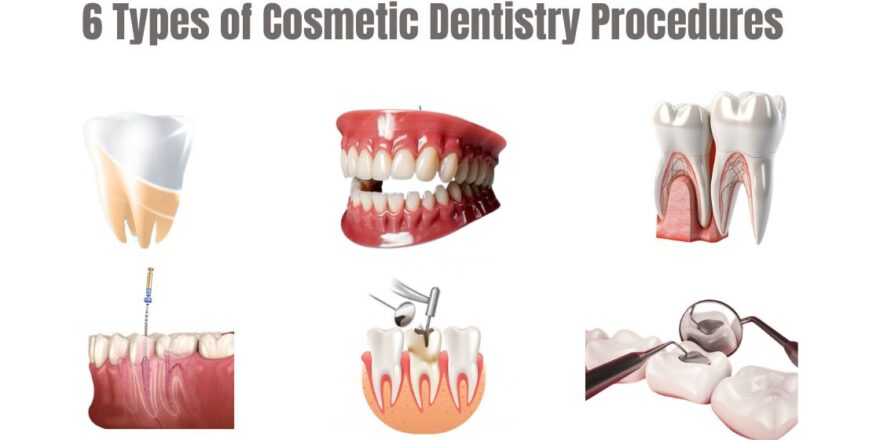In recent years, the field of dentistry has witnessed remarkable advancements, with artificial intelligence (AI) emerging as a powerful tool that is transforming how dental care is delivered. From enhancing diagnostic accuracy to streamlining patient management, AI is playing a pivotal role in modern dentistry. This shift is not just about incorporating cutting-edge technology but also about improving patient outcomes and the overall experience in dental practices. If you’re searching for the best dentist in Dubai, understanding how AI is reshaping oral care could help you appreciate the future-ready approach that top dental professionals are adopting.
AI in Diagnostics: Precision and Early Detection
One of the most significant impacts of AI in dentistry is its role in diagnostics. Traditional diagnostic methods rely heavily on the expertise and experience of the dentist, which, while effective, can sometimes lead to subjective interpretations. AI, on the other hand, uses machine learning algorithms to analyze vast amounts of data, offering a level of precision that human eyes may miss.
For instance, AI-driven imaging systems can analyze dental X-rays, CBCT scans, and intraoral images with incredible accuracy. These systems can detect cavities, periodontal diseases, and even early signs of oral cancers that might be overlooked during a routine examination. This early detection is crucial in preventive dentistry, where the goal is to address issues before they escalate into more serious problems. Moreover, AI’s ability to recognize patterns and anomalies in dental images surpasses traditional methods, making it an invaluable tool in enhancing diagnostic accuracy.
Personalized Treatment Plans: Tailoring Care to Individual Needs
AI is also revolutionizing how treatment plans are developed. In the past, treatment recommendations were largely based on standardized protocols that might not fully account for the unique needs of each patient. AI changes this by enabling dentists to create highly personalized treatment plans that consider a wide range of factors, including a patient’s medical history, genetic predispositions, and even lifestyle choices.
For example, AI systems can predict how a patient might respond to different treatments, allowing the dentist to tailor interventions more effectively. This level of customization leads to better patient outcomes and a more satisfactory experience. Additionally, AI can simulate various treatment scenarios, helping both the dentist and the patient visualize the potential results of different options. This technology-driven approach is particularly valuable in complex procedures like orthodontics or implantology, where precise planning is critical to success.
Enhancing Patient Management: Efficiency and Convenience
Beyond diagnostics and treatment planning, AI is making significant strides in improving patient management. The integration of AI-powered systems in dental practices is streamlining administrative tasks, reducing waiting times, and enhancing the overall patient experience.
For instance, AI chatbots and virtual assistants are increasingly being used to handle routine inquiries, appointment scheduling, and follow-up reminders.
These systems can operate 24/7, providing patients with instant responses and freeing up staff to focus on more complex tasks. AI is also playing a role in patient education, offering personalized advice and resources based on individual needs and preferences. By automating these aspects of patient management, dental practices can operate more efficiently, leading to better patient satisfaction.
Moreover, AI can analyze patient data to predict trends and patterns, helping practices anticipate future needs and optimize their services accordingly. This predictive capability is particularly useful in managing inventory, staffing, and even marketing strategies, ensuring that practices are well-prepared to meet patient demands.
AI in Restorative Dentistry: Precision and Innovation
Restorative dentistry is another area where AI is making a substantial impact. The use of AI in creating dental restorations, such as crowns, bridges, and veneers, has brought a new level of precision and efficiency to the process.
AI-driven CAD/CAM (computer-aided design and computer-aided manufacturing) systems allow for the design and fabrication of dental restorations with unprecedented accuracy. These systems take into account the minute details of a patient’s oral anatomy, ensuring that the restorations fit perfectly and function as intended. The result is a more comfortable and aesthetically pleasing outcome for the patient.
Furthermore, AI is being used to develop new materials for dental restorations, optimizing them for durability, biocompatibility, and aesthetic appeal. These innovations are setting new standards in restorative dentistry, providing patients with solutions that not only restore function but also enhance the appearance of their smile.
Ethical Considerations: Balancing Technology and Human Touch
While AI offers numerous benefits, it also raises important ethical considerations. One of the primary concerns is the potential for AI to replace human judgment in critical areas of dental care. While AI can process data and identify patterns that humans might miss, it lacks the nuanced understanding and empathy that a skilled dentist brings to patient care.
Therefore, it’s crucial for dental professionals to strike a balance between leveraging AI’s capabilities and maintaining the human touch that is essential to patient-centered care. AI should be seen as a tool that enhances, rather than replaces, the expertise of the dentist. By integrating AI into their practice thoughtfully and ethically, dentists can offer the best of both worlds—cutting-edge technology combined with personalized, compassionate care.
The Future of AI in Dentistry: What Lies Ahead
As AI continues to evolve, its role in dentistry is likely to expand even further. Emerging technologies such as AI-powered robotics, virtual reality (VR), and augmented reality (AR) are set to revolutionize dental procedures and training. For instance, AI-driven robots could assist in performing complex surgeries with greater precision and less invasiveness, while VR and AR could enhance dental education and patient consultations by providing immersive, 3D visualizations of oral anatomy and treatment plans.
Moreover, the integration of AI with other advanced technologies, such as 3D printing and nanotechnology, could lead to new possibilities in dental care, from customized implants to targeted drug delivery systems for oral health conditions. The potential for AI to transform dentistry is immense, and those practices that embrace these innovations will be at the forefront of delivering high-quality care in the future.
Conclusion
The integration of AI into modern dentistry is not just a trend—it’s a fundamental shift that is redefining how dental care is provided. From diagnostics and treatment planning to patient management and restorative procedures, AI is enhancing every aspect of dental practice, leading to better outcomes and a more personalized experience for patients.
For anyone seeking the best dentist in Dubai, choosing a practice that embraces AI-driven innovations could be the key to receiving top-notch care that is both cutting-edge and patient-focused.
As the technology continues to advance, the role of AI in dentistry will only grow, offering new opportunities to improve oral health and revolutionize the patient experience. By staying informed about these developments, both patients and dental professionals can make the most of what AI has to offer, ensuring a brighter future for oral care.



